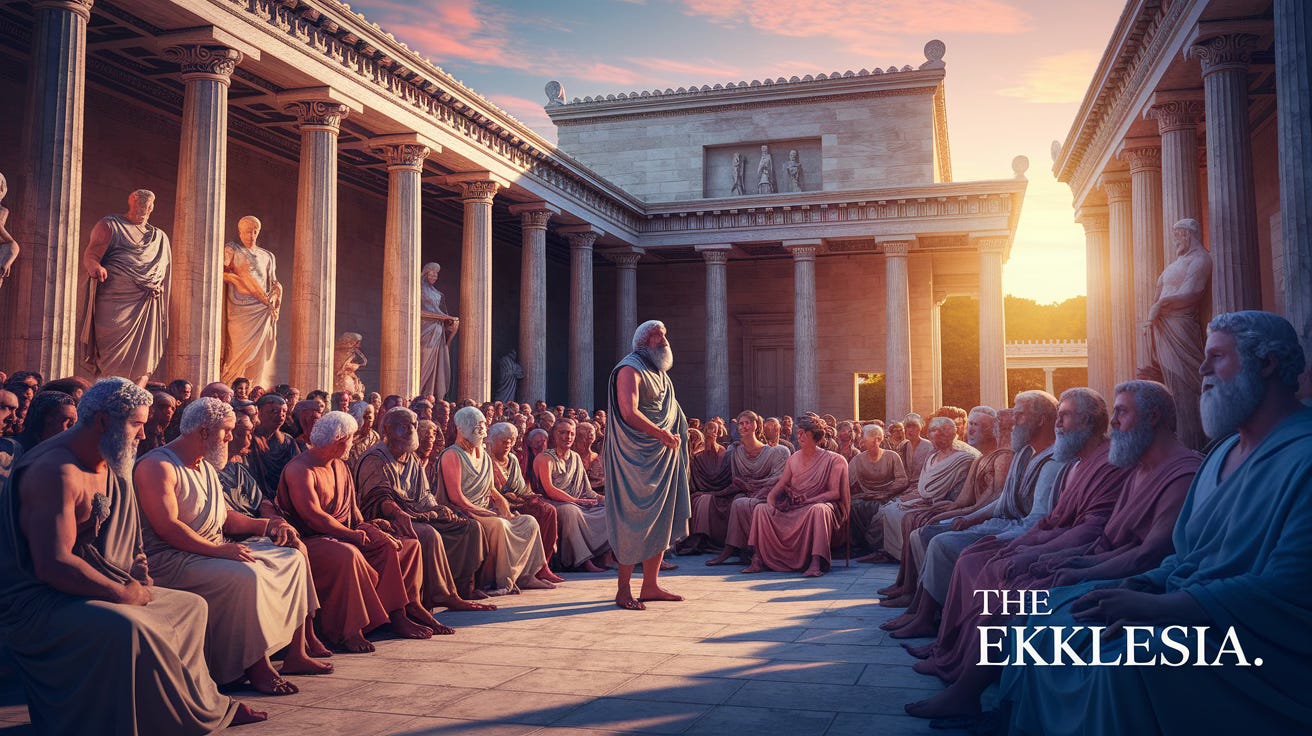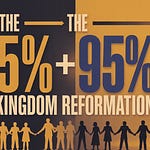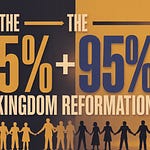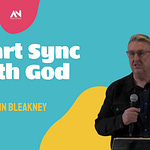When someone says "church," what immediately springs to mind? A stately building with stained glass windows? A Sunday morning service with a professional worship team? Perhaps an organizational flowchart with enough committees to make a corporate executive envious?
If those were your first thoughts, you've fallen victim to the same conceptual trap that has ensnared Western Christianity for centuries. The building-centric, institution-heavy, program-driven understanding of "church" that dominates our cultural landscape bears little resemblance to the New Testament concept of "ekklesia" as a living, breathing organism of people on mission.
"But we have a coffee bar in our lobby!" I hear someone protest. Yes, and that's precisely the point—we've become experts at accessorizing our misconceptions rather than challenging them at their foundation.
Etymology: A Simple Yet Profound Truth
The Greek word "ekklesia," from which we derive our English word "church," simply means "an assembly" or "a called-out group." This isn't hidden knowledge inscribed in some ancient scroll locked away in a Vatican vault. It's basic etymology available to anyone with a rudimentary Greek lexicon.
The word ἐκκλησία (ekklesia) is derived from two root words, ek ("out of" or "from") and kaleo ("to call" or "to invite"). Together they form ekklesia, which etymologically means "those called out" or "an assembly called out." The ekkletoi, those who are called, constitute the ekklesia. Importantly, ekklesia doesn't denote the action of calling or the individuals themselves, but rather the assembly of those who have been called out.
The term appears 115 times in the Greek New Testament, and its usage consistently emphasizes community, gathering, and assembly—never a building or institution. Matthew 16:18 records Jesus saying, "on this rock I will build my ekklesia," a statement about a living community of believers, not a physical structure. In Acts 5:11, we read that "great fear came upon the whole ekklesia"—referring clearly to the people, not to any building or organization.
The Civic Dimension: Ekklesia in Greek Context
What's often overlooked in our religious discussions is that "ekklesia" was primarily a political term in ancient Greece, not a religious one. This political usage predates the biblical usage in both the Septuagint and the New Testament.
In Greek society, the ekklesia was recognized as the key to Athenian democracy—the regular gathering of male Athenian citizens to listen to, discuss, and vote on decrees that affected every aspect of life. It was not an abstract community but a physical gathering at a specific time and place with real responsibilities.
The ekklesia handled decisions on suggested changes in the law, appointments to official positions, and important matters of domestic and foreign policy such as contracts, treaties, war and peace, and finance. It was, in essence, the most authoritative body within the democracy.
Young-Ho Park, in his extensive research, points out that in Greek context, the ekklesia was also "the most important place for honoring others," giving citizens a chance to exchange, exhibit, and confer honor through various forms such as crowns, prominent seats, and public acclamation.
Paid Subscribers get access to the academic paper on the true meaning of Ekklesia and also a video teaching by Glenn Bleakney
Are you a content creator? Try Veed and get 50% off your first three months! Visit https://veed.cello.so/lNg9DoeGWKh
Listen to this episode with a 7-day free trial
Subscribe to Awake Nations with Glenn Bleakney to listen to this post and get 7 days of free access to the full post archives.











